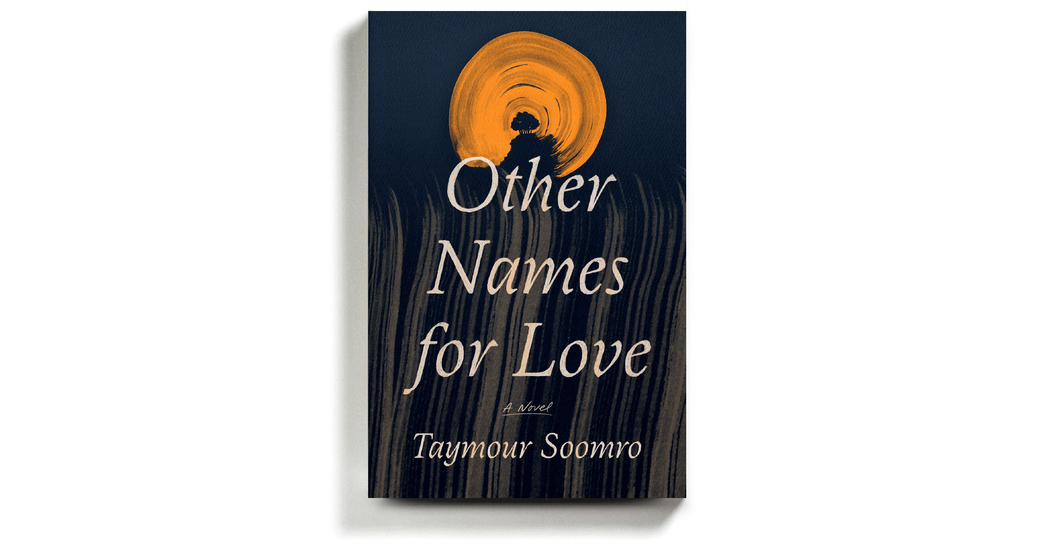
When a relative named Mousey returns from London — Rafik had helped chase him out of Pakistan — and asks for the family land that is owed to him, the clashes are intense. A scene of intentional crop destruction, an act of revenge, lands with primal force.
“Other Names for Love” needs this friction. Soomro writes clean, vivid sentences and this novel has a certain elegance, but it lacks a worldview and the kind of drilling insights that would take it to another level.
I did not stop, once, to pencil a curse word of admiration in the margins, which sometimes means nothing but sometimes means a lot. When the second half begins to drift, the absence of electric drive-by observation and intellection becomes more apparent.
We meet Fahad years later. He lives in London, where he has found his social circle. He’s a successful writer. His partner, Alex, cooks beef daube, the dish Mrs. Ramsay serves at an important moment in Virginia Woolf’s “To the Lighthouse.” Fahad wears gaudy clothes and piles his hair on the top of his head as if he were wearing a helmet. His father visits and tells him he looks like a woman.
Fahad is again called home, this time by his mother. The family is facing ruin. But Fahad remains bitter about being sent to the West. He thinks:
What if it was true? Would he go? They could clap their hands and send him away as a boy of barely 16, because he didn’t suit their purposes, because he interfered with their ambitions, and clap them again all these years later and expect him to return? The feelings he’d had in those earlier years in London, of rage, of wanting to punish his parents one day as they’d punished him, he’d conquered them, he thought, but now he felt a premonition of their return.
It would not be sporting to give away more, but Fahad returns to witness the chaos of loss and old age. He gets back in touch with Ali. Perhaps, his reeling father thinks, Fahad will write a book about him.




